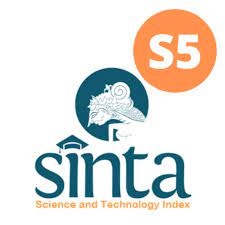Penerapan Kurikulum Merdeka Pada Mata Pelajaran PendidikanAgama Islam Di Sekolah Menengah Atas
DOI:
https://doi.org/10.31851/wahanadidaktika.v21i2.11580Abstract
The purpose of this study was to describe the implementation of an independent curriculum in Islamic religious education subjects at SMA Negeri 1 Ulakan Tapakis. This study uses a qualitative description method with a phenomenological approach. The results of this study indicate that Islamic religious education teachers apply problem-based learning strategies and use audiovisual learning media. When it comes to assessing learning, teachers give assignments, tests and tutoring. Obstacles to implementing an independent curriculum include difficulties in preparing lesson plans to determine the learning media used by teachers, learning strategies and use of media that are not updated, and difficulties accessing the internet. Efforts to implement an independent teacher curriculum use aspects of attendance, skills, and activity assessment, and teachers are trained to implement an independent curriculum. The Impact of Self-Implementation of the Curriculum on Islamic Studies in SMA Negeri 1 Students at Ulakan Tapakis understand PAI material better and students become more involved in learning







